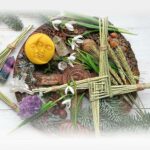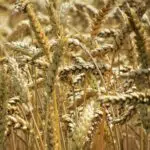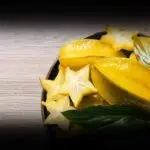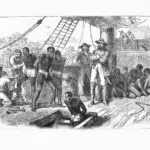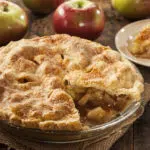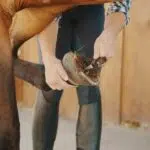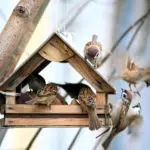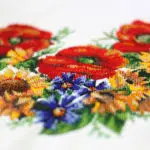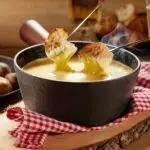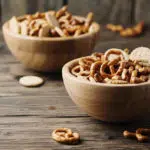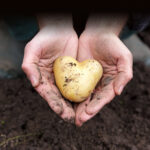Imbolc on February 1, welcomes the first wave of spring with a feast like no other! According to tradition, the Imbolc festival is also the day where the pagan goddess Brigid is honored. Wondering why Imbolc is celebrated in Ireland? It’s because, on this day, the pagans strengthen their connection with the world of nature and pray for the fertile land that produces plenty of crops the entire year. The best part about this occasion is that even if you don’t believe in the history surrounding the event, you can’t resist the amazing celebration that takes place.
History of Imbolc
Imbolc is a celebration that has existed for centuries and has been passed down from generation to generation in different parts of the world. Needless to say, it is one of the strong traditions that will continue to be carried forward even by those who don’t truly believe in the customs since Imbolc is now a huge part of their identity. Yes, the celebratory day that has existed since the 10th century holds great importance in the lives of many as it is linked to the fertility of the land and the livestock.
The question is, why is the pagan goddess Brigid honored on this day? According to history, Brigid is considered one of the most powerful Celtic gods and is said to be born with a flame in her head. She is also said to have drunk the milk of a mystical cow from the spirit world. Known for the luck she brings, Brigid was celebrated for centuries by the Celtics.
Imbolc timeline
Goddess Brigid’s mantle is passed on to Saint Brigid in Ireland.
Irish literature writes about Imbolc celebrations.
Nuns attend an ‘inextinguishable’ fire at Kildare in St. Brigid’s honor.
Imbolc is mentioned in “Hibernica Minora,” an Old Irish poem.
Imbolc FAQs
What does Imbolc mean?
Imbolc marks the halfway point between the winter solstice and the spring equinox.
What happens at Imbolc?
Imbolc involves feasting, bonding with family, and celebrating.
What is the Imbolc ritual?
Imbolc celebrates Brigid. The ritual includes taking a cup of milk and offering a sip to Brigid.
Imbolc Activities
Plant flowers
Welcome spring by planting flowers in your backyard and parks. Not only will this serve traditional purposes but will also help combat climate change
Clean your house
Use this opportunity to give your house a complete makeover by cleaning it and rearranging things. Welcome the new year by starting fresh.
Educate the youth
Modern kids are barely aware of the history of things because they are so engrossed in social media. Use this day to enlighten them about the past.
5 Fun Facts About Imbolc
The meaning of ‘Imbolc’
In Irish, it means ‘in the belly.’
St. Brigid’s remains
Her skull and hand are claimed to be in the possession of churches in Portugal.
Friends of St. Brigid
She is said to have known St. Patrick.
St. Brigid’s popularity
She became Ireland’s first nun.
Ireland’s tradition
A Brigid doll is said to bring fertility and good fortune to a home.
Why We Love Imbolc
It revives traditions
The festival is the perfect way of reviving age-old traditions and ensuring the current generation does not forget their roots.
It is an insightful look into the history
The New Year is a blast from the past since it gives one a chance to dig up on the history of the festival and how it came into being.
It’s a fun festival
Even if no knowledge is derived from the day, it still serves the purpose of spreading joy across the country.
Imbolc dates
| Year | Date | Day |
|---|---|---|
| 2025 | February 1 | Saturday |
| 2026 | February 1 | Sunday |
| 2027 | February 1 | Monday |
| 2028 | February 1 | Tuesday |
| 2029 | February 1 | Thursday |


















